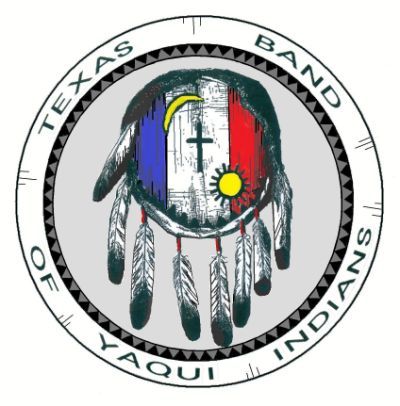

Then, in 2010, the construction of a new aqueduct through Yaqui territory set off tensions over water rights.Īccess by the Yaqui to the Yaqui River, which historically belonged to them, was severely restricted, and competition for scarce hydrological resources in the region led to a mass migration of its rural inhabitants to the urban centers. It was not until the government of President Lázaro Cárdenas in the 1940s that the Yaqui were officially given a few hectares of land, a mere pittance compared to their original territory. Some managed to escape and return by foot to their villages (many only to be met by armed groups that refused to let them stay), and others took refuge in the southern United States, where many still live today.ĭuring the Mexican Revolution, at the beginning of the 20th century, the Yaqui joined the insurgent forces of General Álvaro Obregón, who promised them land and autonomy.īut once the revolution was won, Obregón soon forgot those promises and the Yaqui were again left to fend for themselves. In the 19th century, during the ironfisted reign of Porfirio Díaz, known as the Porfiriato, when large groups of Yaqui were exiled from their homeland and taken by force to the south of the country as indentured laborers for plantations in states such as Yucatán, the Yaqui have resisted. Within a single decade, an estimated 60,000 Yaqui tribe members were killed or disappeared. It was that warrior spirit that allowed them to stubbornly fight off the Mexican government’s brutal campaign of genocide in the late 1800s and early 1900s. Perhaps best known for their use of peyote for spiritual and mystical visions as described by Mexican author Carlos Castaneda in his book “The Teachings of Don Juan: A Yaqui Way of Knowledge” and for their haunting portrayal of the hunting down and death of a deer in their traditional Danza del Venado, the Yaqui have always prided themselves on being great warriors. The indigenous group, also known as the Hiaki or Yoeme, has historically been marginalized and suffered great injustices at the hands of the Mexican government. MORELIA, Michoacán - In the southwest corner of Mexico’s northern state of Sonora, the remnants of one of the country’s oldest ethnic groups can still be found: the Yaqui people, who despite a tumultuous relationship with the government throughout modern Mexican history, have remained standing and constantly fighting for their land and basic human rights.


 0 kommentar(er)
0 kommentar(er)
